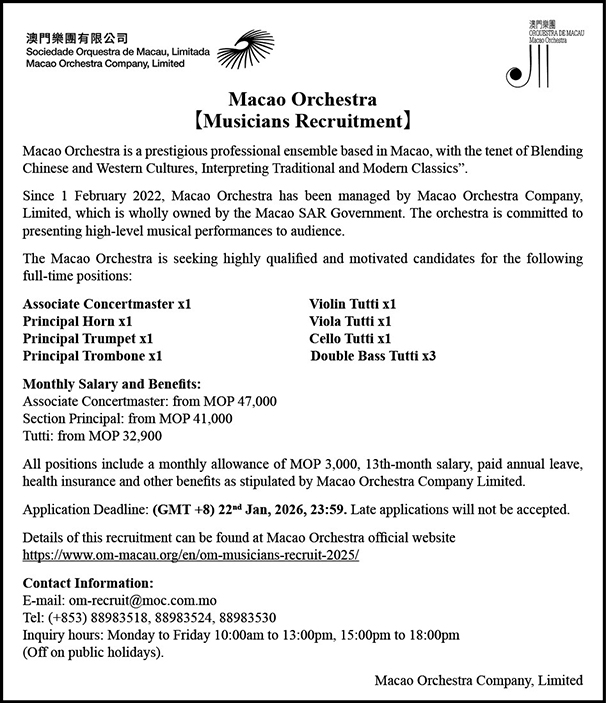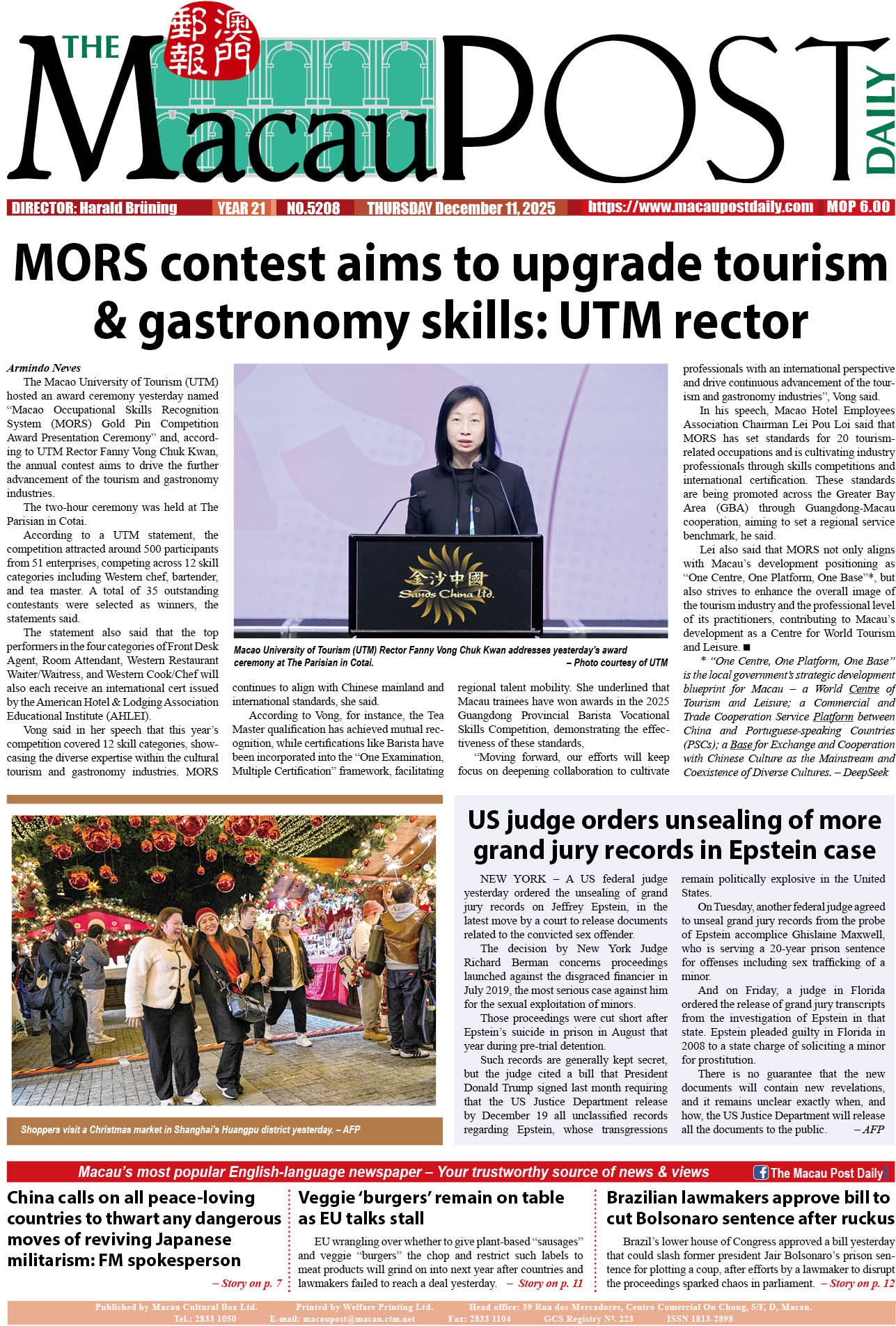China Daily Editorial
Just two weeks after the new US administration was sworn in and already some countries are lamenting that being Washington’s adversary may be safer than being its ally, having had a bitter taste of “America first”.
Although the tariffs on Canadian and Mexican exports to the United States have been put on hold after both neighbors vowed to retaliate in kind, they are a stern warning to all US allies and partners that when it comes to “America first”, Washington will not hesitate to strong-arm anyone, even the European Union and the United Kingdom, in its endeavor to “Make America Great Again”.
Calling the EU’s €300 billion (US$312 billion) deficit with the US an “atrocity” on Sunday, the US president said tariffs on EU goods will “definitely happen”.
Despite their reluctance to get into a trade war with a key traditional ally, EU leaders have seen the need for unity in the face of the threat, vowing at an informal summit in Brussels on Monday that the bloc would fight back.
In an era marked by global interconnectedness and economic interdependence, the US administration is threatening to disrupt the delicate balance of international commerce and sow seeds of discord among nations primarily for the benefit of that country’s uber-wealthy. The US administration’s shortsighted protectionism will inflict widespread harm. The US-China trade disputes since 2018 exemplify this: tariffs disrupted supply chains, raised consumer costs and stifled innovation.
The notion that there will be a winner in a trade war is a fallacy, as the destructive ripple effects of protectionist measures reverberate far beyond the immediate countries involved, inflicting harm on economies, businesses and consumers around the globe.
By erecting barriers to trade, such as tariffs and export restrictions, countries stifle the flow of goods and services, disrupt supply chains, and hamper investment and innovation. This leads to reduced productivity, higher costs for businesses, and ultimately, slower economic growth.
In a world where economies are increasingly interconnected, the repercussions of such actions are felt far and wide. Such protectionist measures ignore the broader lesson: economic interdependence demands cooperation, not confrontation.
China and the EU, as two of the world’s largest economies, have consistently demonstrated that cooperation yields dividends. Bilateral trade surpassed $785.8 billion in 2024, up 0.4 percent from 2023, with China remaining the EU’s top trading partner. They have also shown that dialogue and negotiation are the more productive way to resolve differences.
The hard-negotiated Comprehensive Agreement on Investment between the two sides – though pending ratification due to pressure from the US – highlights the potential for balanced economic ties, as it addresses market access, subsidy transparency, and fair competition. Moreover, collaboration on climate change – a shared existential challenge – has borne fruit through joint initiatives such as the China-EU Partnership on Climate Change, which pursues clean energy and biodiversity goals.
Linking unrelated issues such as the Ukraine crisis to trade relations is politically motivated obstruction. Those in the EU who conflate China’s economic ties with Russia as a threat to the bloc misunderstand them. The trade, which is conducted transparently under World Trade Organization rules, does not undermine China’s commitment to partnership with the EU.
History teaches that trade wars leave scars but no victors. China’s unwavering commitment to multilateralism and mutually beneficial cooperation stands in stark contrast to the isolationist winner-take-all agenda of the US administration.
By prioritizing dialogue, respecting market principles, and leveraging platforms such as the World Trade Organization, China and the EU can chart a course toward shared prosperity – one that transcends the zero-sum thinking that has Washington in its grip – and fortify the global economy against mutually harmful fragmentation.
In an era of unprecedented challenges, cooperation is not merely an option – it is the only viable path to a future that does not entail a small human survival colony on Mars.
Only through collaboration and shared prosperity can we build a more resilient, equitable, and interconnected global economy for the benefit of all.
– Courtesy of China Daily









